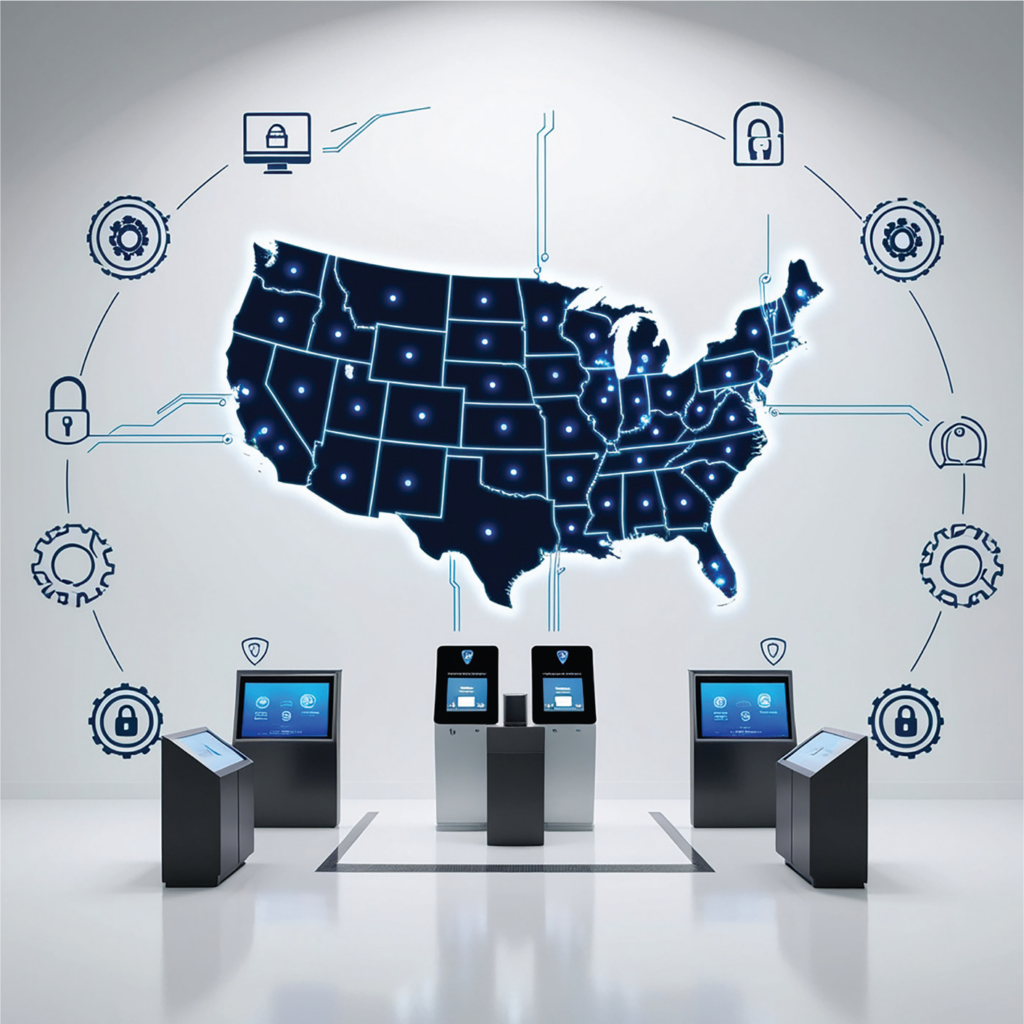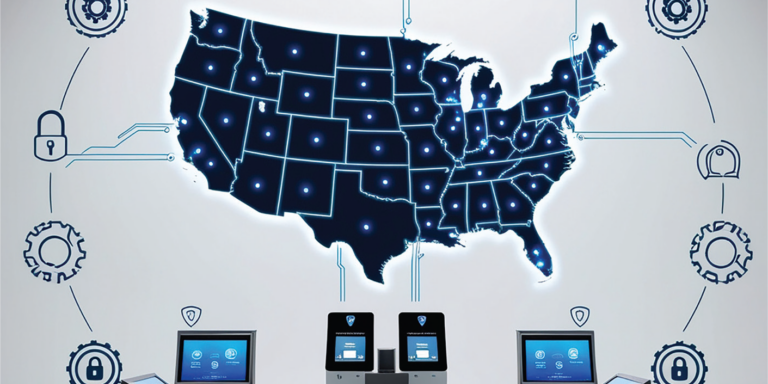The Hidden Cost of Sharing Source Code for DMV Modernization
State Departments of Motor Vehicles (DMVs) across the country face growing pressure to modernize their systems.
State Departments of Motor Vehicles (DMVs) across the country face growing pressure to modernize their systems. The potential for more efficient operations, better customer service, and cost savings makes software upgrades an attractive option. Among the approaches gaining traction is the idea of sharing source code between states to accelerate these efforts. While this may appear cost-effective, it introduces significant hidden costs and risks that could impact the long-term success of these initiatives.
The Appeal of Shared Source Code
At first glance, sharing source code between states appears to be a sensible solution. Reusing existing software reduces development timelines and avoids hefty licensing fees, leading to immediate savings. It also fosters a spirit of collaboration, as states work together towards a shared goal of improving DMV services while reducing operational expenses.
However, while this approach has clear benefits, it can present challenges when put into practice. The complexities of adapting shared source code to fit diverse regulatory, technical, and operational requirements can potentially offset the initial benefits.
The Real Cost of Ownership
In software development, “technical debt” refers to the long-term costs incurred when short-term solutions are prioritized over sustainable strategies. Sharing source code without a comprehensive governance framework can exacerbate this challenge. For example, adopting another state’s software may seem cost-effective initially, but differences in infrastructure, regulations, and operational requirements can create unforeseen hurdles.
While states might begin with similar source code, their distinct needs often lead to significant customizations. Over time, these modifications can result in systems that are harder to update, maintain, or integrate with other technologies. What might start as a collaborative initiative can evolve into a collection of siloed, incompatible systems, limiting scalability and increasing the complexity of ongoing maintenance.
The Costly Role of System Integrators
While shared code may come with no initial licensing fees, the cost of adapting and implementing it can be substantial. States often rely on system integrators—third-party vendors specializing in software customization and deployment—to address the unique needs of their infrastructure and operations. These services, while necessary, frequently exceed original budget estimates.
Collaboration between states introduces another layer of complexity: coordinating updates and modifications among diverse stakeholders. Naturally, different states have varying priorities, timelines, and resource constraints. These unintentional misalignments often result in delays, additional costs, and diminished efficiency—the very outcomes shared code aims to prevent.
Maintenance, Security, and Long-Term Sustainability
The long-term upkeep of shared software can pose significant challenges. Without dedicated internal teams to manage updates and maintain compatibility, these shared systems risk becoming outdated. Updates made to shared software by one stakeholder can inadvertently create issues for others, complicating operations and increasing maintenance burdens. Additionally, shared source code introduces cybersecurity concerns. Custom modifications by individual states can introduce unforeseen bugs, potentially creating vulnerabilities. Without a centralized strategy for updates and patches, these security risks can compound over time, compromising sensitive data and eroding public trust.
A Better Approach to DMV Modernization
To achieve sustainable progress, DMVs should consider prioritizing tailored, state-specific solutions over shared source code. Modular systems designed from the ground up can better address each state’s unique regulatory and operational needs, reduce technical debt, and ensure long-term scalability and success. Our company, CHAMP, precisely delivers that—a DMV modernization solution fully configurable to meet the needs of every state, whether through full replacements or adding new capabilities to existing platforms. Our modular system offers unmatched flexibility, enabling states to adapt as needs evolve while avoiding the challenges associated with technical debt. Our cloud-based architecture guarantees streamlined implementation, robust security, and continuous improvement.
With no upfront costs, a pay-as-you-transact model, and rapid deployment, CHAMP reduces risk, shortens implementation timelines, and simplifies ongoing maintenance. With a proven record of accomplishment delivering scalable, efficient systems across multiple states, CHAMP empowers DMVs to confidently embrace the future of modernization.
Conclusion: Think Beyond the Shortcut
While sharing source code may seem like a practical option for DMV upgrades, it is important to consider the potential challenges—such as technical debt, integration costs, security concerns, and system fragmentation. What may seem like an immediate solution could lead to unforeseen obstacles down the line.

A shortcut today could lead to setbacks tomorrow.
State DMVs might find value in prioritizing customized solutions that are thoughtfully planned with long-term goals, strong governance, and security in mind. By partnering with the right solution providers, like CHAMP, states can work toward meaningful modernization, enhancing public services and ensuring a secure, efficient future.
“What might start as a collaborative initiative can evolve into a collection of siloed, incompatible systems, limiting scalability and increasing the complexity of ongoing maintenance.”
Contact Information
To learn how your agency can utilize CHAMP‘s modular solutions, contact [email protected] or visit www.champtitles.com.





